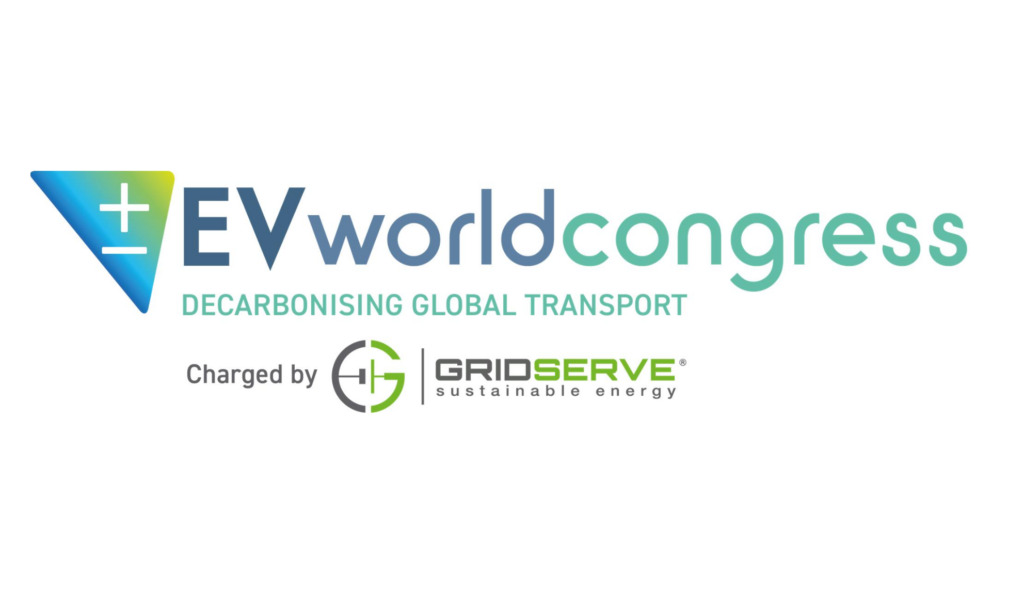This week’s EV World Congress saw a collection of the world’s EV experts gather virtually to share their insight and views. Here, Current± has collated some of the key points discussed over the three day event.
Here, Current± has collated some of the key points discussed over the three day event.
Government or industry: Who should be leading the way?
A number of announcements have been made by the UK government on EVs as of late, from the consultation on bringing the ban on the sale of new petrol and diesel cars forward to the Rapid Charging Fund.
Trevor Hutchings, director of strategy and communications at Gemserv, said that there has been some “really good policy development”, citing incentives on carbon tax, road tax as well as the Charging Infrastructure Investment Fund.
However, he said that the market “still doesn’t have sufficient intervention to drive it at the pace required”. He suggested that interoperability and data – in particular who owns data surrounding EV charging – are areas that haven’t seen enough intervention yet.
Meanwhile, Lucy Electric’s marketing director Phillip Dingle said that whilst there’s “an awful lot of technology and really good solutions out there”, in many cases its “government policy that’s the inhibitor over the solutions themselves” particularly where commercial business models interact with government policy.
Smart charging is technically ready, but where does it go next?
Smart charging is arguably one of the most talked about elements of the EV industry. Lauded as a solution to the increased demand electrification of transport will place on the grid and celebrated for its ability to reduce costs for drivers, it is often cited as
However, the debate still rages as to where it is best used – as the next logical step on from smart charging – what the role for vehicle-to-grid (V2G) will be.
Christian Hahn, CEO of Hubject, said that whilst “from a technical perspective we’re quite advanced as an industry”, uncertainty still remains over “how we set up business models for smart charging”.
Indeed, Hahn went on to detail how smart charging and V2G would be most beneficial for companies looking to “reduce their costs of installing charging stations” and sell electricity back to the grid. For domestic charging, it would depend on ease of use.
This was echoed by Alex Earl, UK country manager for Alfen, who stated that whether smart charging was going to play a large role is about “convenience as much as anything”.
“If people need to worry about setting things in apps the whole time, it’s not going to happen,” he added.
Opening up: Signs of greater interoperability in the UK
Interoperability has been a hot topic in the EV industry for a number of years. Several steps forward have been made, with roaming agreements signed and contactless payments introduced.
Instavolt’s CEO Adrian Keen said that “apps and memberships are a barrier to entry” and that enabling contactless payments on a charging network – something which Instavolt itself does – “takes that down”.
Meanwhile, Alan McLeave, UK general manager for NewMotion, said that closed networks “are a bit of challenge for the UK at the moment”, with the UK historically working on closed networks.
“That’s starting to change but it’s is a slow process,” he added.
Certain investors remain wary of the risk associated with EV charging
With any relatively new technology comes wariness from investors, and EV charging is no different. Whilst some investors are comfortable with investing in EV charging as it stands, as Zouk Capital’s managing partner Massimo Resta explained, others would “prefer to see established patterns and established utilisation”.
Jim Totty, managing partner at Earth Capital, agreed that there is a “spectrum of investors whose appetite for equity risk differs”, but said that lessons can be learned from “previous sustainability asset classes”.
Meanwhile, Gemserv’s Trevor Hutchings said that the investment community should “inform themselves about the market”, which he described as “still nascent”.
“There’s a lot of work to be done to upskill the investment community in this area,” he finished.
Grid upgrades are often needed to support larger charging installations, but who should be responsible?
An oft-cited barrier to the deployment of EV charging is the costs associated with grid upgrades. Whilst a grid upgrade isn’t required for all charger installations, sites that are looking to have a high number of chargers or chargers capable at charging at higher speeds – or both – may find themselves facing hefty fees.
The difficulty of financing grid upgrades was highlighted by Ralitsa Hiteva, research fellow, Science Policy Research Unit at the Sussex Energy Group, who said that public and private EV charging developers “often find themselves unable to put EV charging in their ideal locations in terms of current or project need because of the lack of spare capacity in that area”.
As a result, many projects are “paused” due to the grid connection costs, Hiteva added.
This was echoed by Lucy Electric’s Phillip Dingle, who stated that grid connections “remains an issue” for forecourt-style installations. He added that he expects there to be “a lot of focus on the distribution network” as RIIO-2 nears.
“There’s a huge focus on the potential for EVs and what impact that has on the network and how much they will be able to invest to support that.”
However, Zouk Capital’s Massimo Resta suggested that a solution to this issue would be to “sit down and strategically upgrade the grid before the demand arises”, which he said he saw as “a role for the government”.





